Effects of the Cortisol Milieu on Tumor-Infiltrating Immune Cells in Corticotroph Tumors

Corticotrophs are susceptible to lymphocyte cytotoxicity, as seen in hypophysitis, suggesting that an immunological approach may be a potential strategy for corticotroph-derived tumors. We aimed to clarify whether corticotroph tumors that induce hypercortisolemia (ACTHomas) could be targets for immunotherapy.
Why Publish with the Endocrine Society Journals?
Our top-ranked peer-reviewed journals are among the first to publish major developments and discovery milestones in endocrinology. Find out more about the benefits of publishing in our high-profile, highly cited, and widely read journals.
NEW: Endocrinology Waiving All Page Charges for Endocrine Society Members
Endocrine Society members who publish in Endocrinology will have all page charges waived. Color charges in Endocrinology are waived for all authors regardless of membership status. Manuscript formatting is not required until revision. Average time to first decision is 19 days.

Join the DocMatter Community
Discover the Endocrine Society DocMatter Community, a digital space designed to help you cut down on the time and effort it takes to educate, collaborate, and learn from your peers.

Format-Neutral Submission:
Submit new manuscripts as a single Word, RTF, or PDF file. Formatting not required until revision.
Also Available: Presubmission Inquiries: Send the Editors an outline of your manuscript.
Why Publish in Endocrinology?
Carol A. Lange, PhD, Editor-in-Chief of of Endocrinology shares why you should submit your research to the flagship basic science journal of the Endocrine Society.
Call for Papers: Special Topics
Carol Lange, PhD, Editor-in-Chief, calls for papers on:
- hormone-regulated signaling events and mechanisms of signal transduction
- structural biology of receptors or other signaling molecules
- epigenetic mechanisms of context-dependent gene regulation and transcription
- mitochondrial biochemistry, bioenergetics, and cellular metabolism
- the endocrinology of stem cells and tissue regeneration
- the endocrinology of aging and cellular senescence or quiescence
- the endocrinology of and biological responses to COVID-19 infection
Advice for Getting Published | Carol A Lange, PhD, and Stephen R Hammes, MD, PhD
Endocrinology's Editor-in-Chief, Carol A Lange, PhD, and Stephen R Hammes, MD, PhD, past Editor-in-Chief of Molecular Endocrinology share critical tips on how to get published.


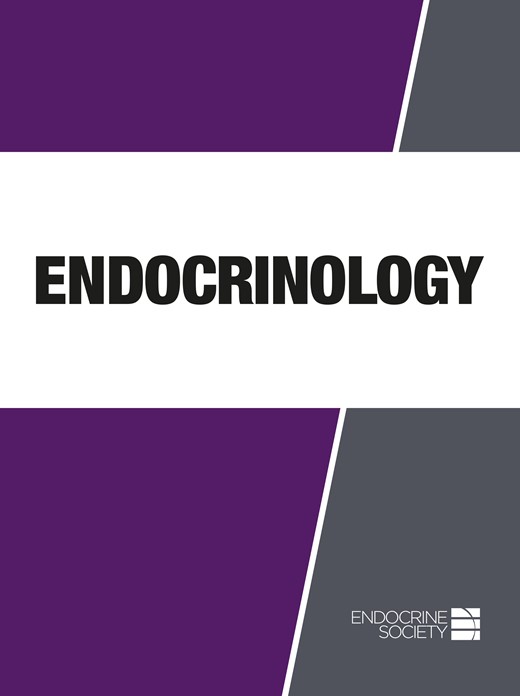
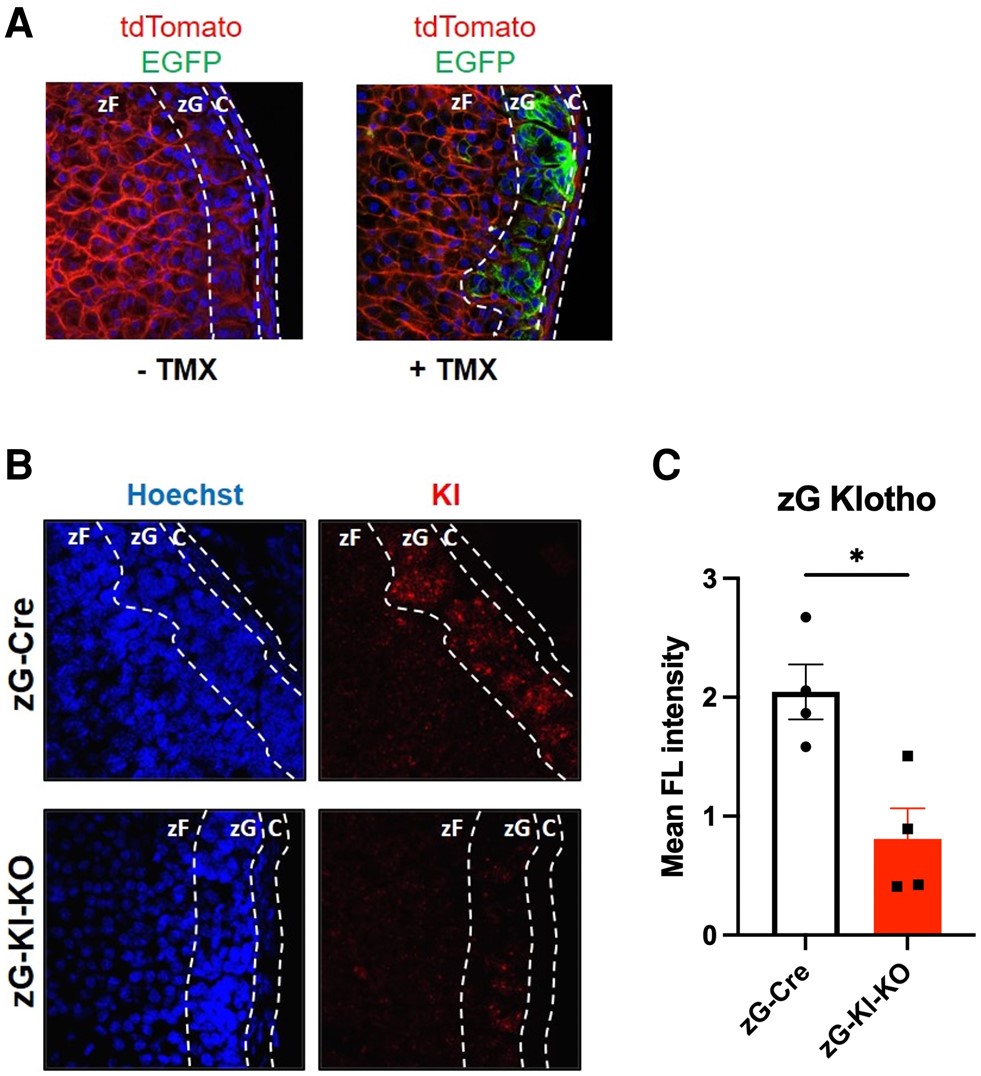 Klotho plays a critical role in the regulation of ion and fluid homeostasis. A previous study reported that haplo-insufficiency of Klotho in mice results in increased aldosterone synthase ( CYP11B2 ) expression, elevated plasma aldosterone, and high blood pressure. This phenotype was presumed to be the result of diminished ...
Klotho plays a critical role in the regulation of ion and fluid homeostasis. A previous study reported that haplo-insufficiency of Klotho in mice results in increased aldosterone synthase ( CYP11B2 ) expression, elevated plasma aldosterone, and high blood pressure. This phenotype was presumed to be the result of diminished ...
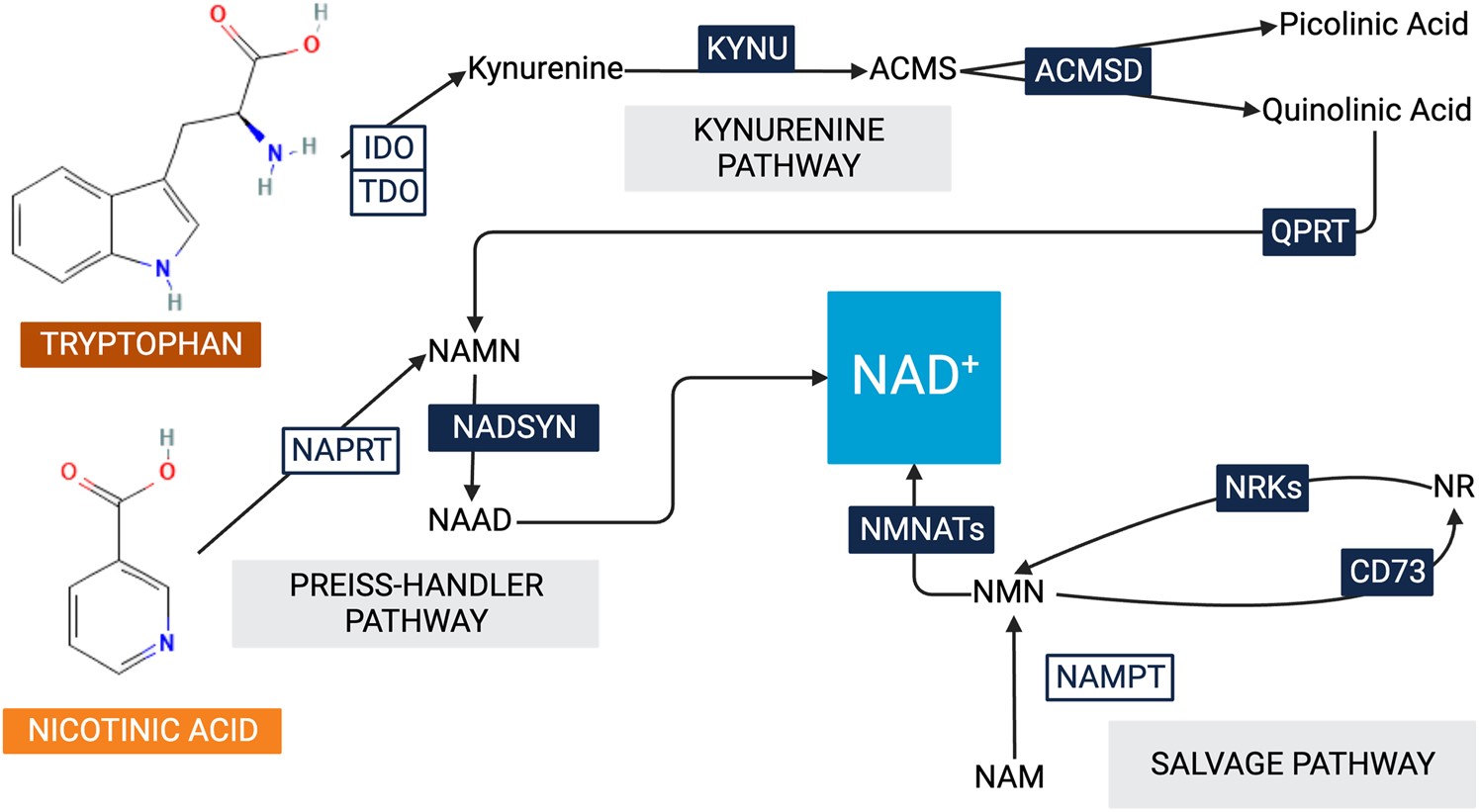 NAD + is one of the most important metabolites for cellular activities, and its biosynthesis mainly occurs through the salvage pathway using the nicotinamide phosphoribosyl transferase (NAMPT) enzyme. The main nicotinamide adenine dinucleotide (NAD) consumers, poly-ADP-ribose-polymerases and sirtuins enzymes, are heavily ...
NAD + is one of the most important metabolites for cellular activities, and its biosynthesis mainly occurs through the salvage pathway using the nicotinamide phosphoribosyl transferase (NAMPT) enzyme. The main nicotinamide adenine dinucleotide (NAD) consumers, poly-ADP-ribose-polymerases and sirtuins enzymes, are heavily ...
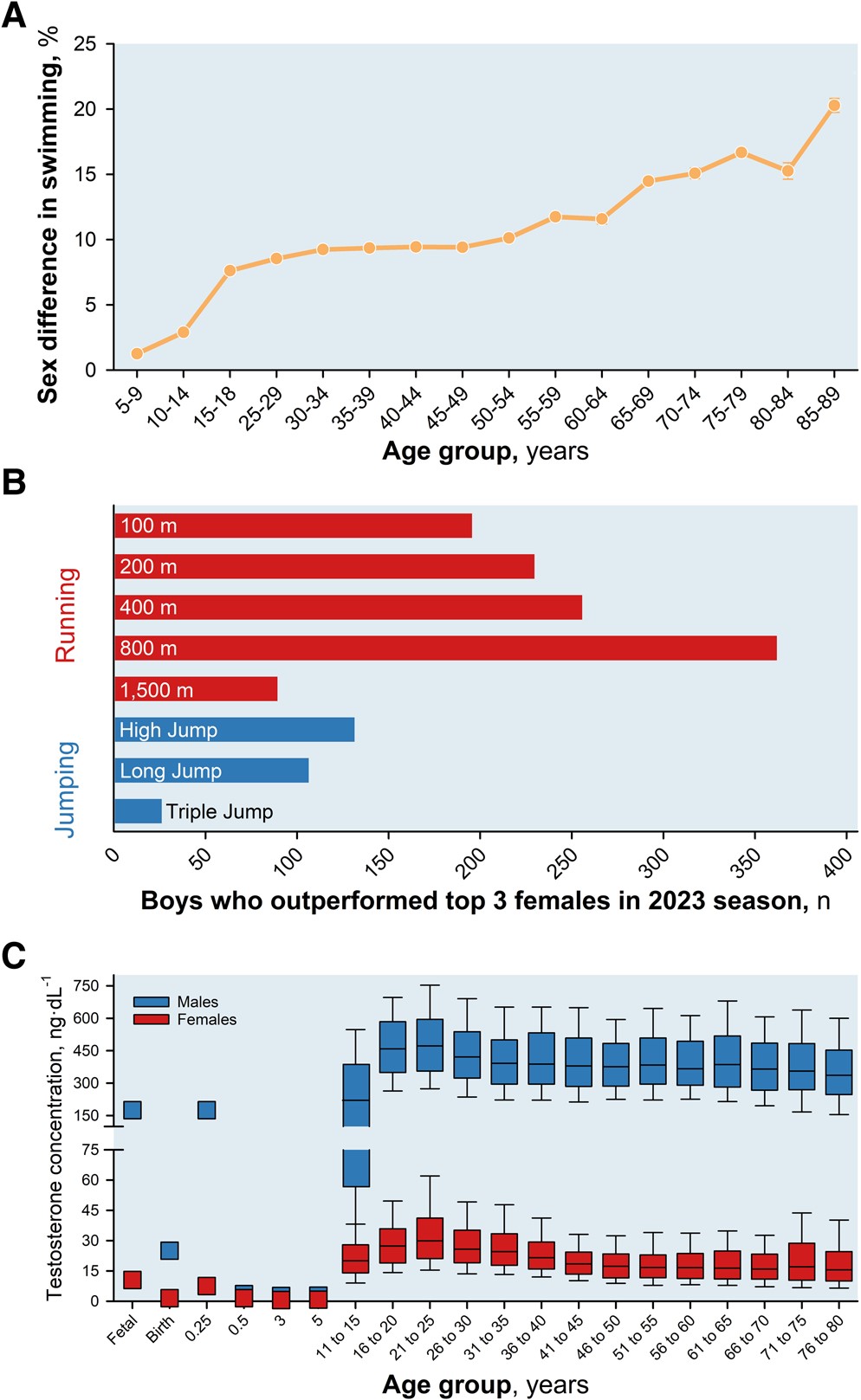 Biological sex is a primary determinant of athletic human performance involving strength, power, speed, and aerobic endurance and is more predictive of athletic performance than gender. This perspective article highlights 3 key medical and physiological insights related to recent evolving research into the sex differences ...
Biological sex is a primary determinant of athletic human performance involving strength, power, speed, and aerobic endurance and is more predictive of athletic performance than gender. This perspective article highlights 3 key medical and physiological insights related to recent evolving research into the sex differences ...
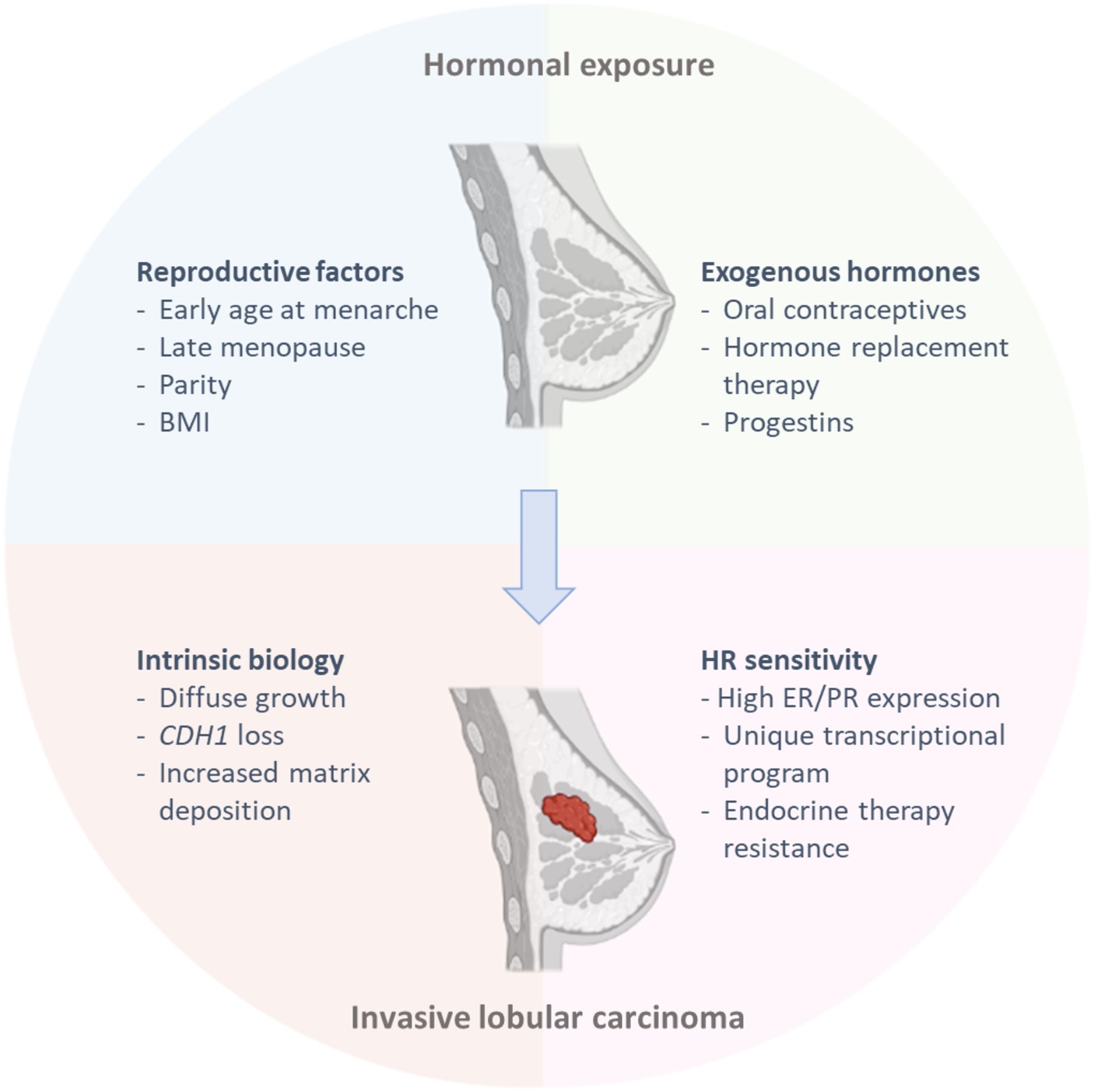 Lobular carcinoma represent the most common special histological subtype of breast cancer, with the majority classed as hormone receptor positive. Rates of invasive lobular carcinoma in postmenopausal women have been seen to increase globally, while other hormone receptor–positive breast cancers proportionally have not ...
Lobular carcinoma represent the most common special histological subtype of breast cancer, with the majority classed as hormone receptor positive. Rates of invasive lobular carcinoma in postmenopausal women have been seen to increase globally, while other hormone receptor–positive breast cancers proportionally have not ...
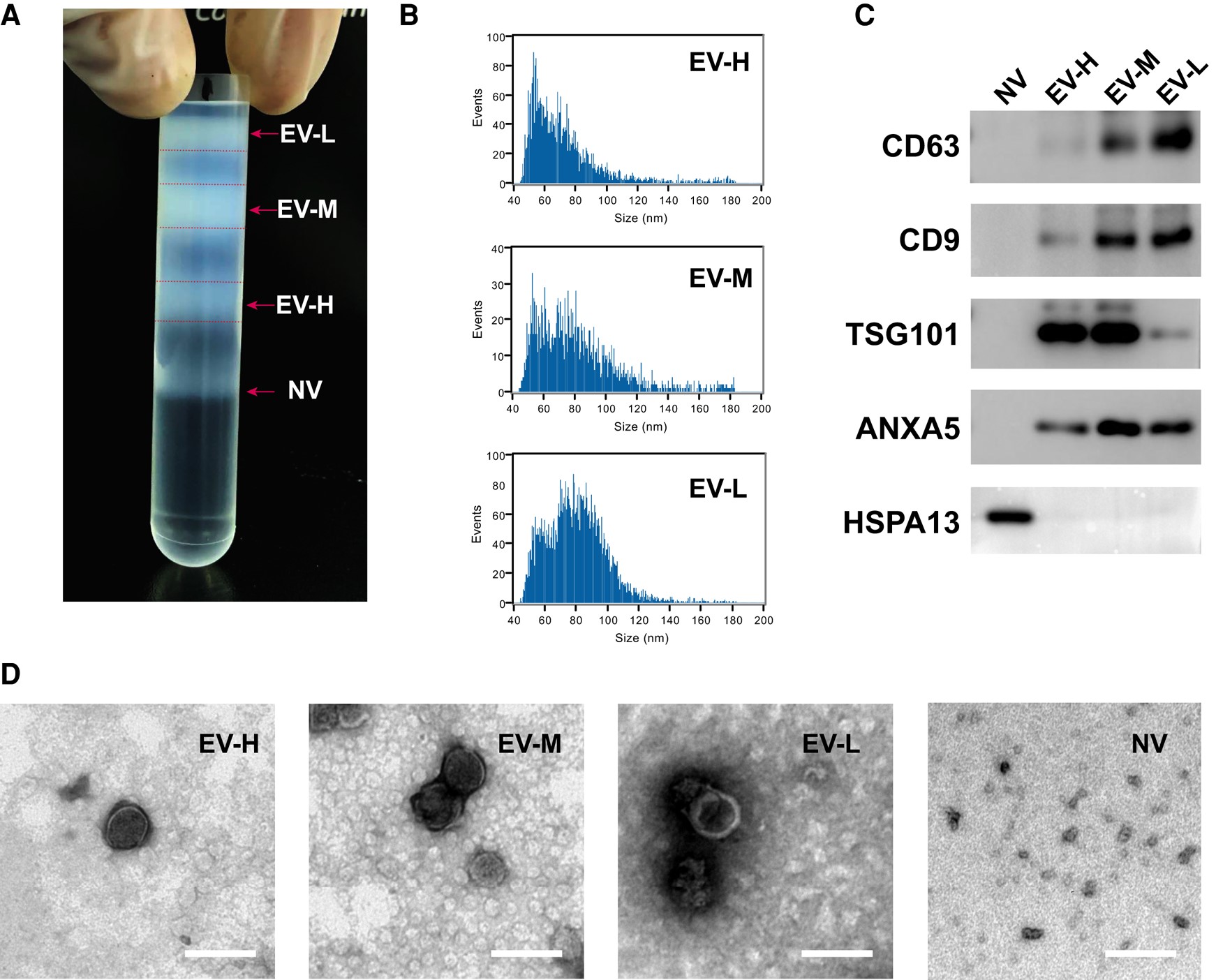 Seminal extracellular vesicles (EVs) contain different subgroups that have diverse effects on sperm function. However, the effect of seminal EVs—especially their subgroups—on endometrial receptivity is largely unknown. Here, we found that seminal EVs could be divided into high-density EVs (EV-H), medium density EVs, and ...
Seminal extracellular vesicles (EVs) contain different subgroups that have diverse effects on sperm function. However, the effect of seminal EVs—especially their subgroups—on endometrial receptivity is largely unknown. Here, we found that seminal EVs could be divided into high-density EVs (EV-H), medium density EVs, and ...
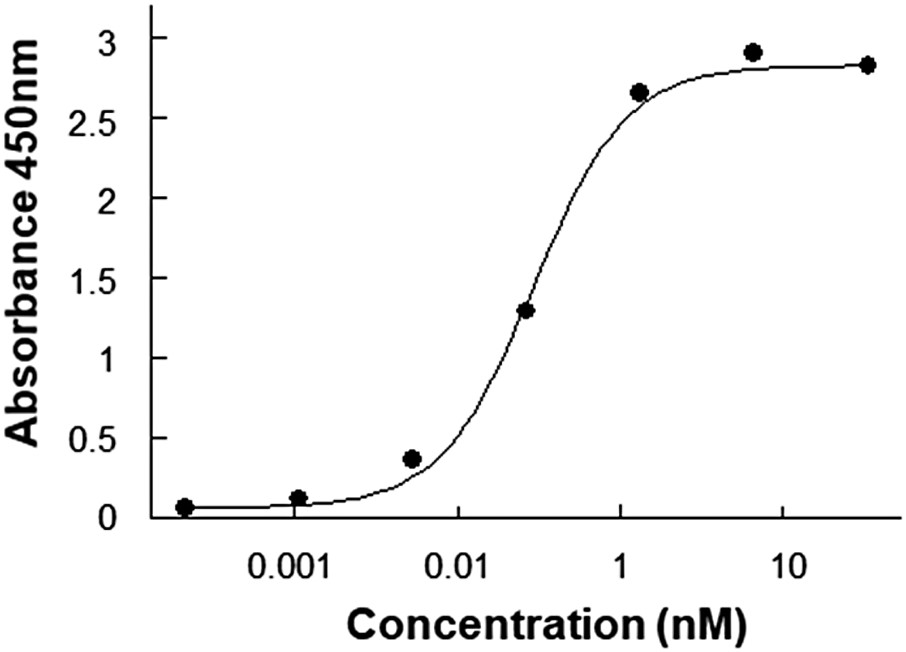 Acromegaly and gigantism are disorders caused by hypersecretion of growth hormone (GH), usually from pituitary adenomas. Although somatostatin analogues (SSA), dopamine agonists, and GH receptor antagonists are important therapeutic agents, all of these have issues with their effectiveness, safety, and/or convenience of ...
Acromegaly and gigantism are disorders caused by hypersecretion of growth hormone (GH), usually from pituitary adenomas. Although somatostatin analogues (SSA), dopamine agonists, and GH receptor antagonists are important therapeutic agents, all of these have issues with their effectiveness, safety, and/or convenience of ...
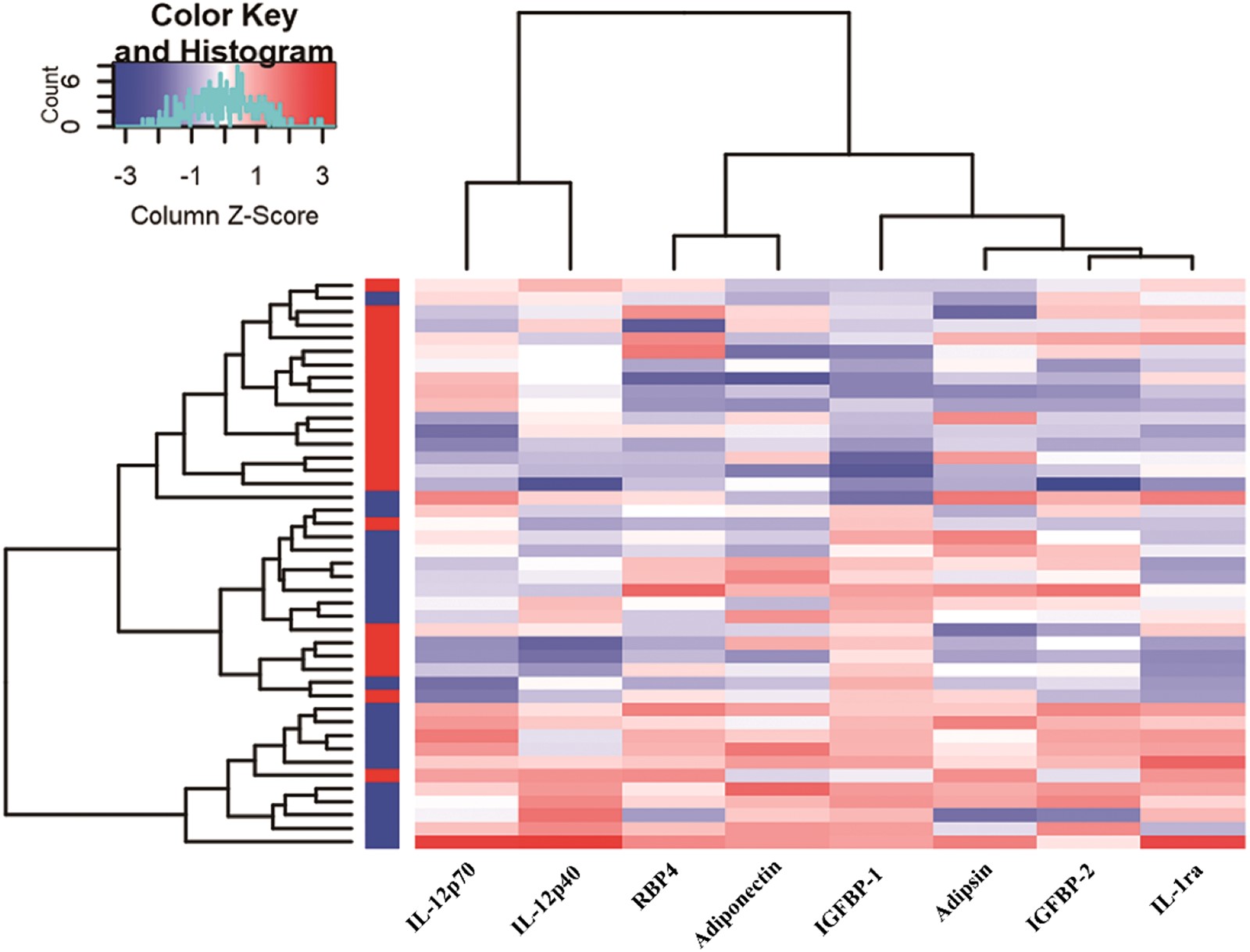 Context Obesity is a risk factor for the development of papillary thyroid cancer (PTC). However, the molecular mechanisms by which obesity promotes PTC are unclear. Objective This study aims to identify adipokines that are linked to PTC progression. Methods An adipokine antibody array was used to determine the serum levels ...
Context Obesity is a risk factor for the development of papillary thyroid cancer (PTC). However, the molecular mechanisms by which obesity promotes PTC are unclear. Objective This study aims to identify adipokines that are linked to PTC progression. Methods An adipokine antibody array was used to determine the serum levels ...
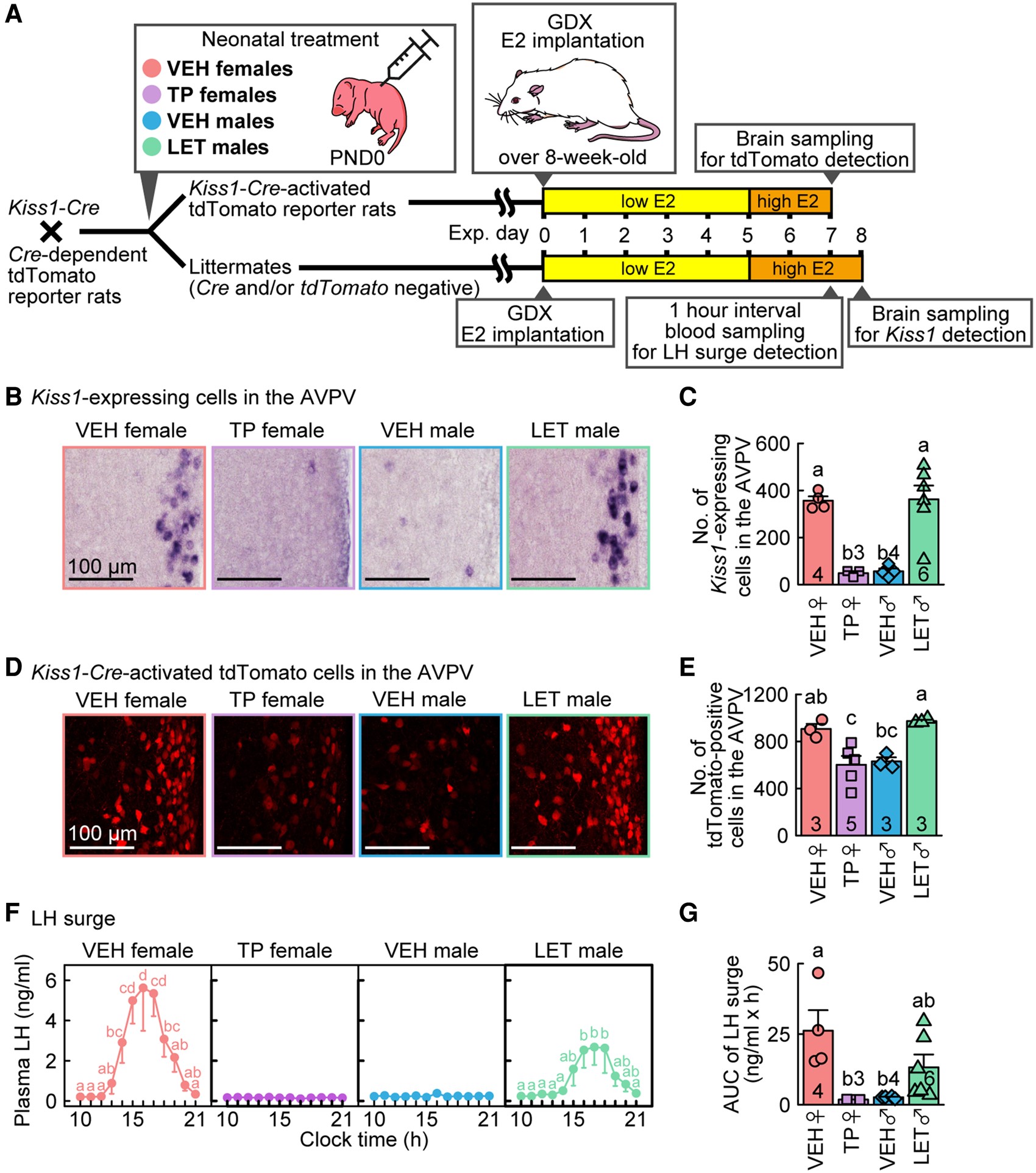 The neuroendocrine system that controls the preovulatory surge of gonadotropin-releasing hormone (GnRH)/luteinizing hormone (LH), which triggers ovulation in female mammals, is sexually differentiated in rodents. A transient increase in circulating testosterone levels in male rats within a few hours of birth is primarily ...
The neuroendocrine system that controls the preovulatory surge of gonadotropin-releasing hormone (GnRH)/luteinizing hormone (LH), which triggers ovulation in female mammals, is sexually differentiated in rodents. A transient increase in circulating testosterone levels in male rats within a few hours of birth is primarily ...


